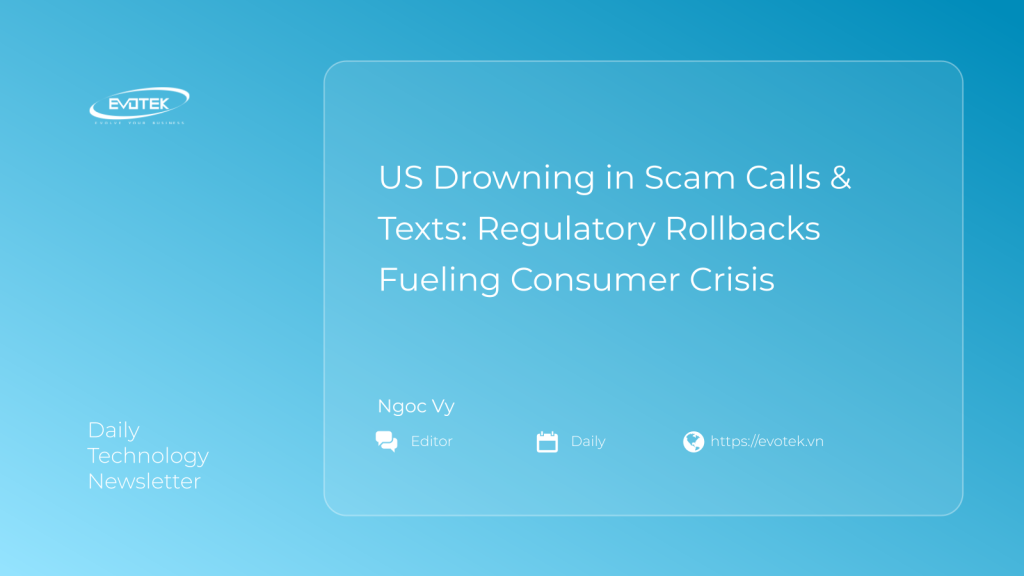The sheer volume of unsolicited scam calls and texts bombarding Americans has reached crisis levels, rendering the nation’s communication networks almost unusable for legitimate purposes. This pervasive issue, normalized by many, stands in stark contrast to the experiences in most developed countries.
Recent data paints a grim picture: Americans have endured a staggering 4.1 billion robocalls this year alone, averaging approximately 135 million daily. A comprehensive survey by Talker Research, involving over 10,500 adults, reveals that US residents receive twice as many scam calls and texts compared to any other nation, including those with robust consumer protection frameworks. Furthermore, a joint study by Consumer Reports, Aspen Digital, and the Global Cyber Alliance highlights a significant escalation in text message-based scams, particularly targeting younger demographics (18-29 years old).
Yael Grauer, a program manager at Consumer Reports, emphasizes the severe repercussions:
“Cyberattacks and digital scams continue to cause serious harm to American consumers, often with devastating consequences.”
Grauer underscores the imperative for both government and industry to enhance consumer privacy and security, noting that dwindling resources for federal consumer protection agencies make empowering individuals with strong cybersecurity practices even more critical against increasingly sophisticated digital threats.
Regulatory Failures Exacerbate the Problem
However, this escalating crisis is exacerbated by systemic failures in regulatory oversight. Critics argue that the Trump administration, alongside certain judicial bodies, significantly weakened the U.S. regulatory state, effectively hindering the passage of new consumer protections and the enforcement of existing ones. The Federal Communications Commission (FCC), already struggling with robocall enforcement, saw its consumer protection authority further diminished under then-Commissioner Brendan Carr.
Carr’s “Delete, Delete, Delete” initiative, for instance, aimed to dismantle regulations that empower consumers to opt out of unwanted communications, undermining efforts to curb the deluge of scam calls and texts. Furthermore, his tenure reportedly involved derailing several FCC cybersecurity reform initiatives, often without clear justification. This lack of transparency and public input marked a concerning shift in regulatory priorities.
Wireless Carriers and the Future of Scams
Adding to the challenge, a significant portion of these unsolicited communications originates from scams that major wireless carriers seemingly overlook, often due to financial incentives. The previous administration’s policies have been criticized for making it increasingly difficult to hold these telecommunications giants accountable. This erosion of oversight, coupled with reduced transparency and public input, paints a concerning future. Experts predict that the current flood of scam and marketing calls and texts will only intensify, a direct consequence of an environment where corporate interests and weakened regulatory bodies converge.
Systemic Solutions Needed for Consumer Protection
Ultimately, addressing America’s pervasive robocall and scam text epidemic requires a deeper, systemic overhaul. Beyond specific consumer protection measures, meaningful change necessitates broader reforms targeting corruption, campaign finance, lobbying practices, and legal frameworks. Without such fundamental shifts, the relentless assault of digital scams on American consumers appears set to continue, unmitigated by effective government action.

 日本語
日本語 한국어
한국어 Tiếng Việt
Tiếng Việt 简体中文
简体中文